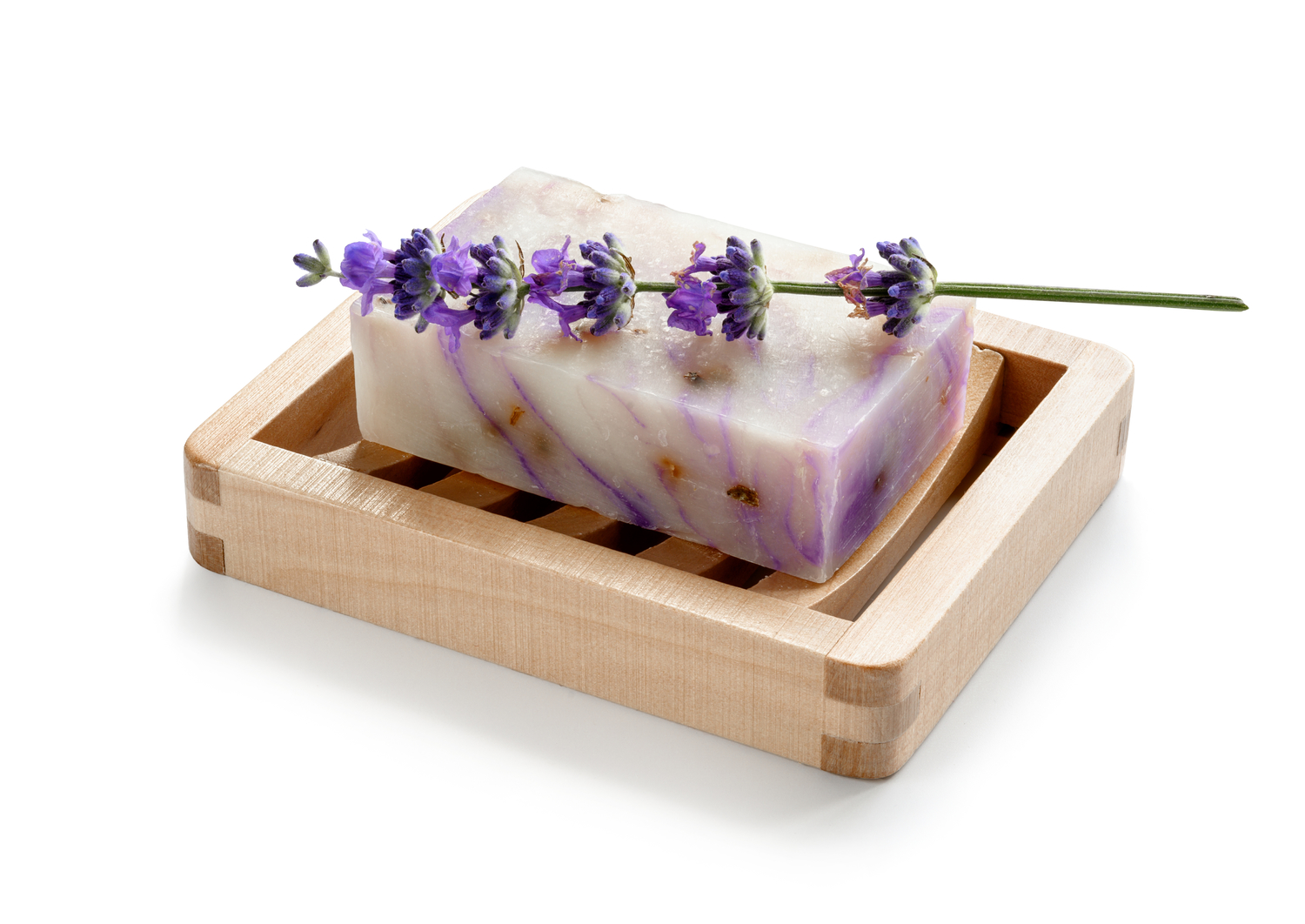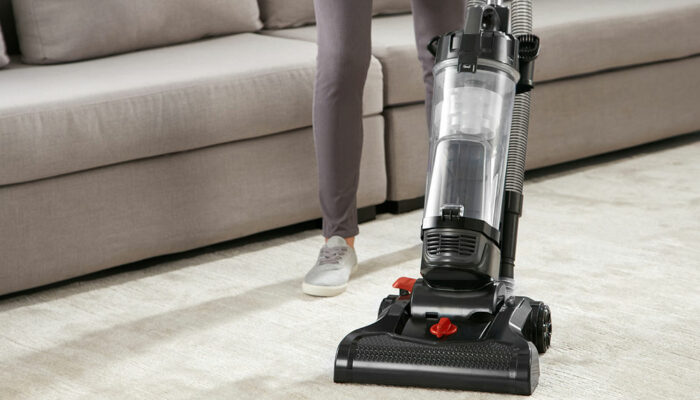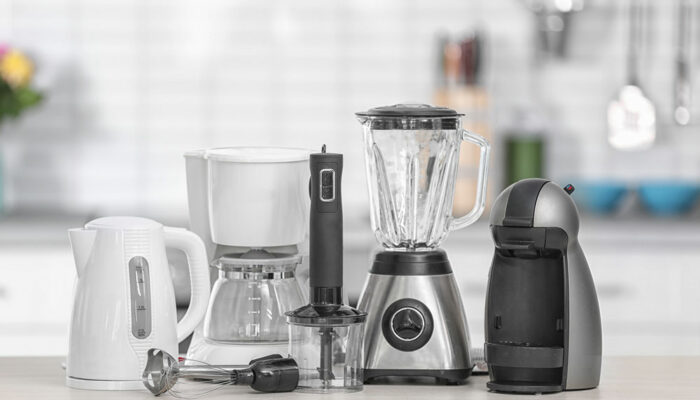
Soaps That Can Trigger Eczema
Eczema is a condition where the skin develops patches of inflammation, leading to itchiness, cracking, and roughness of the skin. Advanced stages might cause blisters. Eczema is caused by a lot of factors among them; eating certain foods like dairy products may trigger it, also some environmental triggers like smoke, pollen grains from flowers, and soaps, which we are going to look further into. Medications and over the counter remedies under names like dupixent, cibinqo, rinvoq, gold bond are often recommended by dermatologists to help.
Using certain soaps can make your skin dry and start inflammations. You, therefore, need to know the types of soaps, when used, can trigger eczema. We are going to discuss these types of soaps:
1. Soaps with propylene glycol
Propylene glycol is commonly abbreviated as PG. It is a derivative of a natural gas that has some characteristics like; colorless, odorless, and soluble in water. It is used for the vast majority of products depending on its concentration and grade. These products are brake fluids, anti-freeze, and cosmetic products. PG is a humectant, and its ingredient product is added to cosmetic cares to increase moisture retention in the skin and hair. PG contains penetration-enhancing humectant meaning harmful toxins that it has may permeate the skin, causing skin irritation.
2. Strong fragrance soaps
The fragrance is made up of a combination of two or more chemical compounds. These elements usually evaporate at room temperature. These fragrances contain a chemical substance which when it gets into contact with the body, results in skin irritations.
3. Soaps with cocamidopropyl betaine
This is a yellow, sticky liquid with an odor derived from coconut oil. To create this product, coconut oil is mixed with dimethylaminopropylamine. It is widely used to manufacture personal care products to create a thick lather in foaming products or to soften hair. This product causes contact dermatitis symptoms. It is therefore advised to rinse the surface that comes into contact with it thoroughly.
4. Soaps containing methylchloroisothiazolinone (MCI) and methylisothiazolinone (MI)
Methylcloroisothiazolinone is a preservative. Initially, it was used in paints, but later its use changed to being used to manufacture cosmetic products and products related to personal care. Its preservative is used against bacteria, yeast, and fungi. It is widely used in the manufacture of paints and soaps. Its ability to contain a high level of MCI results in chemical burns to the skin and irritation to the skin membrane. This product has been banned from being used in cosmetics products in most of the countries.
5. Soaps with botanical oils
This is an oil that is derived from different parts of a plant. They have a particular property of having fine molecules which can pass through the skin quickly. They have chemical compounds which when they get into the skin, causes itchiness.
6. Antibacterial soaps
This soap contains some chemicals that are not found in ordinary soaps. They contain chemicals which are added to consumer products to prevent bacterial infections. This preservative is responsible for some incidents of inflammation when using this antibacterial soap.



